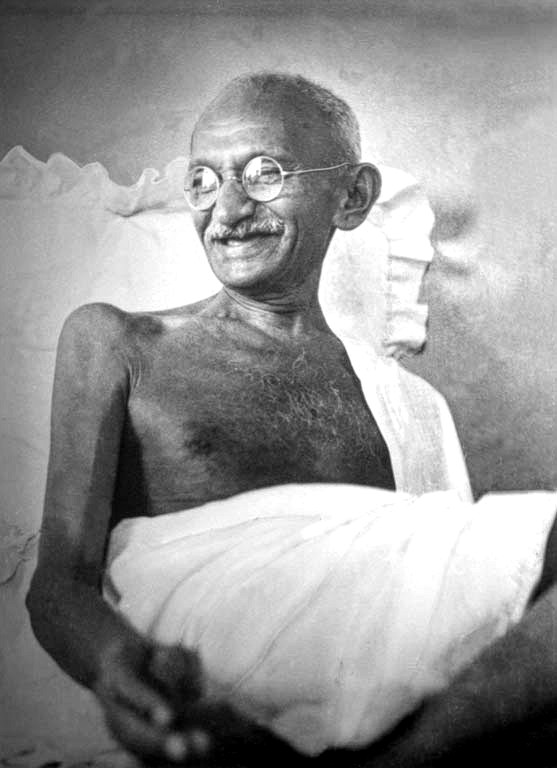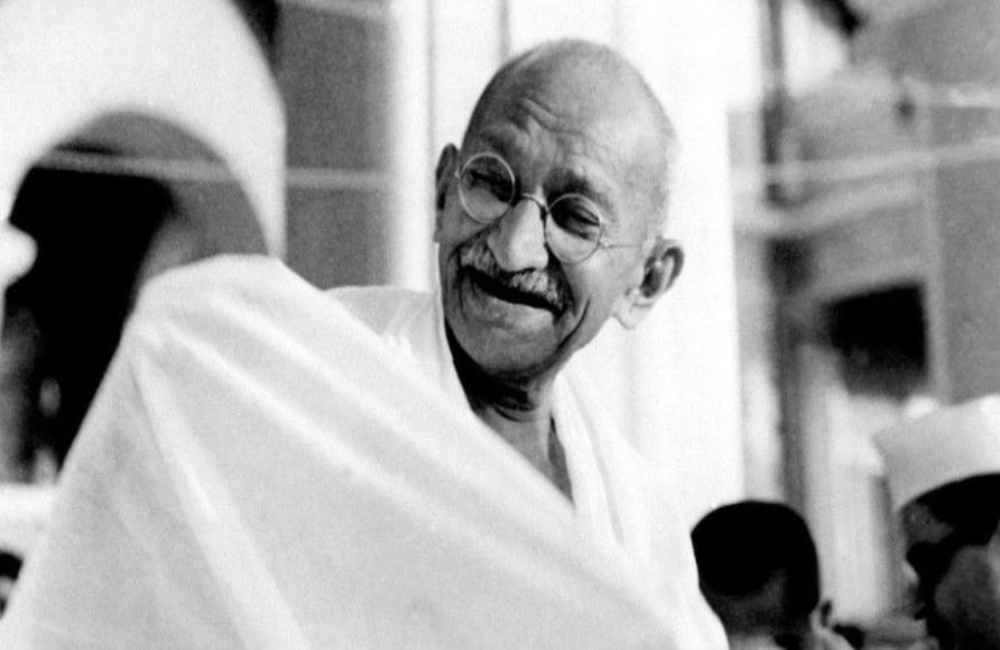In a post to commemorate the death anniversary of Mahatma Gandhi on the 30th of January, the Nobel Committee offered an explanation of sorts in an attempt to justify why a person of the Mahatma’s stature was not awarded with this prestigious prize.

Mohandas Karamchand Gandhi, christened by the Indian people as Mahatma and remembered fondly as Bapu the world over, is often given the heavy moniker of ‘Father of the Nation’ in context of contemporary India and it’s freedom struggle. If the struggle for Indian Independence from the yoke of British colonialism is looked at as a concerted movement, then Mahatma Gandhi is widely accepted as the very heart of that struggle.
Records show that Mahatma Gandhi was nominated for the Nobel Peace Prize a record 5 times and somehow missed out on the ‘prestigious’ award every single time.
The Justifications
The Nobel Committee’s stand is elucidated in three points. Each point, however, comes across as nothing more than a shallow excuse to disregard the legacy of a man who has inspired so many of the people who have gone on to win the Peace Prize later on themselves. People like Nelson Mandela (1993), Martin Luther King Jr (1964), Aung Saan Su Kyi (1991), HH The Dalai Lama (1989) and President Barack Obama (2013) have stated in no uncertain terms that Bapu and his philosophies played a huge role in their own thoughts and actions.
- ‘Gandhi did not belong to an Organisation’
The first justification offered by the Nobel Committee shows just how half-hearted their research and understanding of Gandhiji’s life and struggle was, despite the rest of the world having a clear idea as to who Mahatma Gandhi was and what his role within the Indian National Congress meant to the organisation, as well as to the people of India. He even served as Party President, the very first to bear the Gandhi name to do so, in 1924 through the means of an election. Even if one was to accept the premise that in his later years, Bapu realised that there was, in his own words, “no place for him in a new order where they wanted an army, a navy, an air force and what not,” isn’t it enough to accept that a man today known as ‘The Father of the Nation’ belonged to his people?
- ‘He left behind no property, no will’
The second justification is just as ill-conceived as the first, as records show that the prize money would have gone to a fund set up by the government for the promotion of peace in India and the world, known as the Gandhi National Memorial Fund, a fund that was established in 1949. Then Prime Minister Jawaharlal Nehru and President Dr Rajendra Prasad are recorded to have sent documents required by the Nobel Committee for the formalisation of the process across to Norway as well. If nothing else, Bapu did have a family he revered and loved above all else, who could have easily accepted the prize, as disinterested they might have been in it, on behalf of the great man.
- ‘Can only be compared to Founders of Religion’
The final justification given by the Committee come in the form of the words of advisor Jens Arup Seip, in an article written in 1948, after the untimely demise of the Mahatma. Seip, a historian by profession, had written about the final few months of Bapu’s life, and described his influence as unique and unparalleled. He went so far as to state that Gandhiji’s life and legacy could “only be compared to founders of religion.” While there is a case to be made for the way Indians and many people the world over have viewed Bapu’s philosophy, it was extremely callous of the Nobel Committee to overlook Bapu for the prize due to these comments, and through no research of their own. It speaks to the highly gullible nature of the Norwegian committee’s decision-making process and how susceptible it was to foreign opinions, particularly regarding Norway’s image in the eyes of the British.

There have only ever been two people who have been overlooked for this century old award, with the Committee scrambling for reasons to postpone the announcement to a time where it just doesn’t make sense anymore. Gandhi and Tolstoy. For a committee entrusted with the awarding of what is often called the pinnacle of recognition for work done for the betterment of humanity, their choice of not presenting it at all in 1948 as “there was no suitable living candidate” and snubbing Gandhiji on 3 separate occasions should be absolutely unacceptable.






















